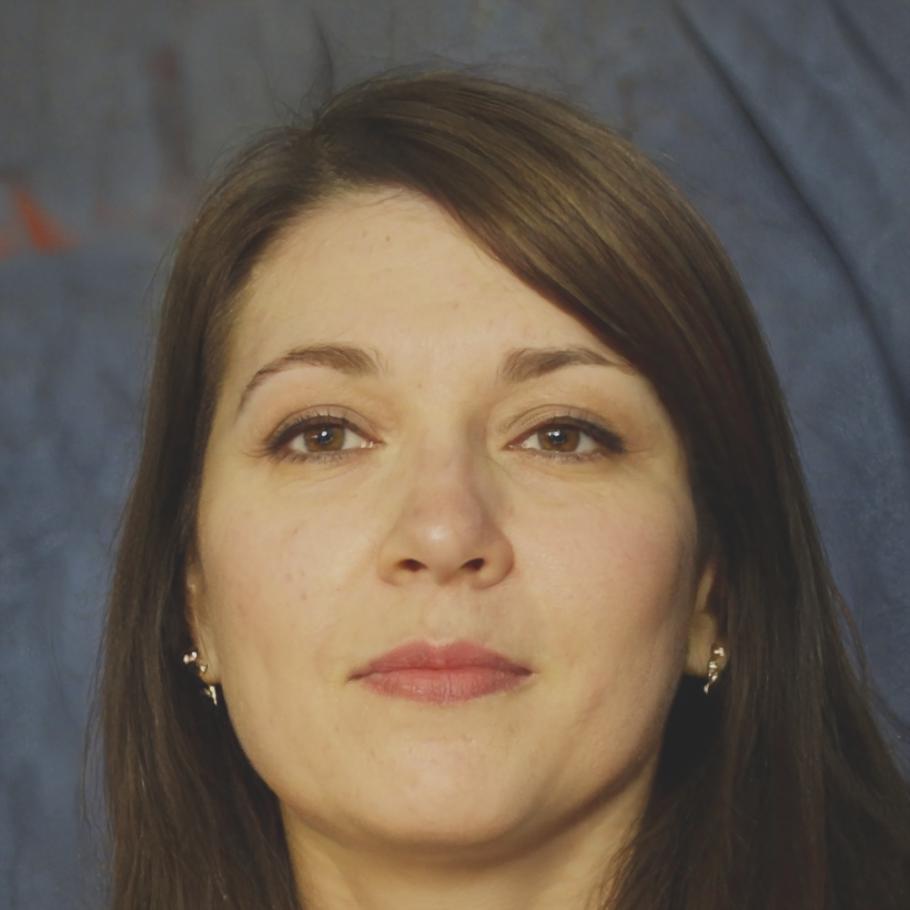Money Decisions That Actually Make Sense
Most budgeting advice assumes you've got endless time and perfect discipline. We don't. Our programs start with where you are right now — messy finances, confusing priorities, and real life getting in the way. By spring 2026, you'll have a system that works without constant maintenance.
Explore Our Programs

We Don't Teach Penny-Pinching
Tracking every coffee purchase? That's exhausting and nobody sticks with it. What actually works is understanding where your money disappears each month and creating friction-free systems around that pattern.
Back in 2018, I watched my own budget spreadsheet collect digital dust because it demanded too much attention. So we built something different. Our approach focuses on three decision points per month instead of thirty daily battles. Students who started in our autumn 2025 cohort mentioned they finally understood their spending without feeling micromanaged by their own rules.
The real work happens in identifying what matters to you specifically. Not generic financial advice that assumes everyone wants the same retirement timeline or savings goals.
How We Teach ThisWho Teaches These Programs
Our instructors come from backgrounds in behavioral economics, financial counseling, and actual money management work. They've seen what trips people up.

Practical Experience Over Theory
Mae Sorensen spent twelve years working with families who were drowning in contradictory financial advice. She noticed the same pattern: people understood concepts intellectually but couldn't translate them into daily behavior. That gap between knowing and doing became her focus.
Her teaching style strips away the assumption that you need advanced math or economic theory. Instead, she walks through decision frameworks using real scenarios students bring to class. Sometimes that means discussing whether upgrading your phone makes sense right now. Other times it's about evaluating job offers with different salary structures.
What makes her approach different is the refusal to offer one-size-fits-all solutions. She'll present three possible strategies and help you figure out which aligns with your actual life circumstances and stress tolerance. Because a technically optimal budget that makes you miserable isn't actually optimal.
What You'll Actually Learn
Programs run October 2025 through March 2026 with flexible scheduling options.

Building Your Framework
First month covers the unglamorous foundation work. You'll map actual spending patterns without judgment, identify your specific financial triggers, and test small system changes. Most students discover they were solving the wrong problems entirely. One participant realized his "impulse buying issue" was actually decision fatigue from too many micro-choices throughout the day.

Handling Real Complexity
Months two through four tackle situations where basic budgeting advice falls apart. What happens when your income varies monthly? How do you balance paying down debt against building emergency savings? We work through scenarios with multiple competing priorities and no obviously correct answer. You'll develop your own decision criteria rather than following someone else's rules. The goal is confident judgment in ambiguous situations.